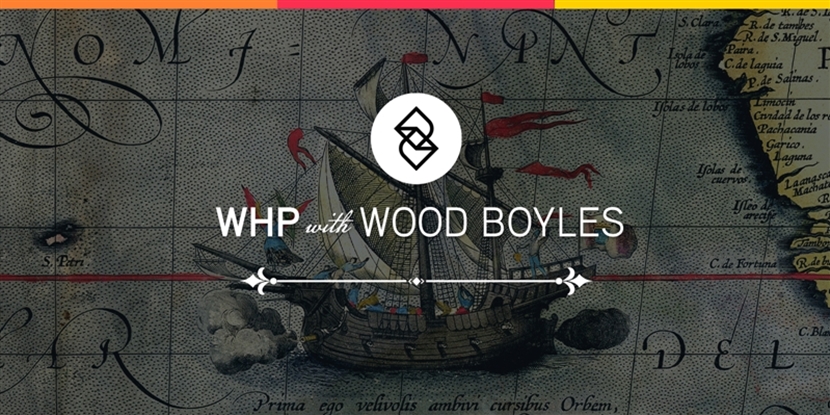We think the “The Dark Ages” has a branding problem, as historians have long debated how the Middle Ages in Europe should be characterized. The sun shone as brightly then as it does now, but the number of surviving sources that could tell us about people’s everyday lives are far fewer than in earlier and later periods.
Driving Question: Was there really a “dark age”?
- It’s pretty interesting to think about history in terms of “golden ages” and “dark ages.” It’s just one of the ways we periodize history. Most of the time, history focuses on long trends, but there seem to be moments of incredible, concentrated change in some places—often for the better—that we call golden ages, and moments where life really is quite difficult, technology seems to go backward, and networks shrink. We call those dark ages. But, do these names really give us the full picture? This is up for debate, and today we’re asking you to weigh in.
Word of the Day: Feudalism
- Definition: A political system in which rulers delegate land and authority to leaders beneath them, in return for an obligation of service, including military support.
- At least part of the dark ages debate is about whether the dark age centers on the political system that dominated Europe in this period, which we call feudalism. Was it a good system? A bad one? It’s something we have to consider as part of this debate.
Lesson
- Read: “Was There Ever a ‘Dark Age’?” in Lesson 4.3 on Khan Academy
- Optional: Read “The Dark Age Debate” in Lesson 4.3 on Khan Academy
- Read the article and think about where you come down in this debate, based on the evidence and arguments. Was there a “dark age”?
Historian’s Journal Prompt
- Why are we NOT living a dark age?
- It our current situation, it can be really easy to focus on the negative. If that’s all we focus on, then it’s hard to see some of the positives that have already come out of this experience. Changing our perspective on a situation can really help shape more positive outcomes.

